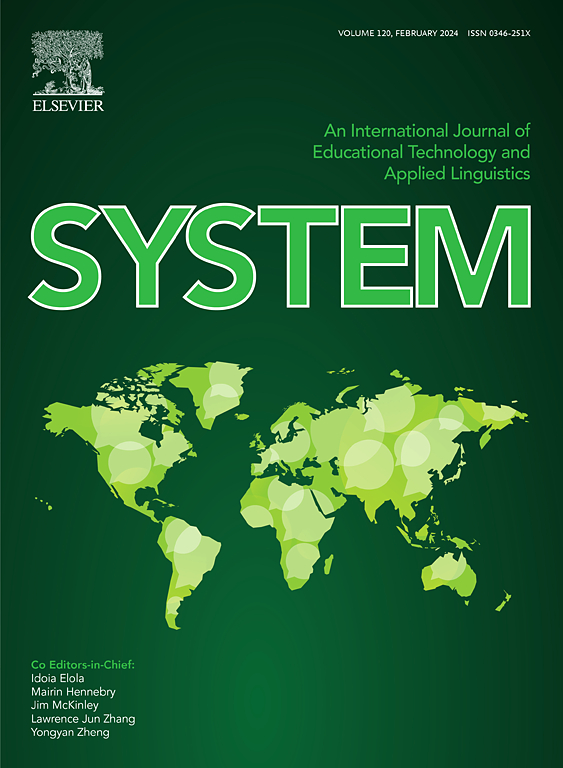妊娠早期饲粮中添加菊粉可调节子宫液外泌体和血管生成,改善母猪胚胎着床
IF 6.5
1区 农林科学
Q1 Agricultural and Biological Sciences
引用次数: 0
摘要
妊娠早期胚胎着床是繁殖成功的关键,而膳食纤维在调节母猪肥力方面起着关键作用。然而,潜在的机制仍不清楚。本研究采用母猪模型,探讨饲粮中添加菊粉对胚胎着床的影响。妊娠早期饲喂饲粮中添加11 g/kg菊粉,妊娠第19天(G19)屠宰。收集子宫液外泌体(ufe)和子宫内膜组织,分别进行高通量测序和血管生成相关基因和蛋白质表达分析。此外,将屠宰母猪获得的ufe注射到G19母猪体内,研究其对繁殖和血管生成的影响。结果表明,菊粉显著增加了G19母猪子宫内膜血管数量及血管生成相关蛋白MMP2和ANGPT1的表达(P < 0.05)。生物信息学分析显示,菊粉显著下调ufe血管生成抑制相关miRNAs,上调滋养细胞生理活性和子宫液微环境调节相关miRNAs (P < 0.05)。此外,G19母猪静脉注射饲粮中添加菊粉的ufe显著促进了妊娠第28天(G28)子宫内膜和胚胎血管的形成,并增加了活胚数(P < 0.05)。此外,ufe注射组母猪胎盘中MMP2、ANGPT1和VEGF mRNA表达量在妊娠28日和分娩时均显著升高(P < 0.05)。妊娠早期母猪饲粮中添加菊粉,通过调节ufe中miRNA的表达,调节母胎界面的血管生成,从而促进胚胎着床。研究结果可为饲粮纤维在母猪营养中的应用提供理论参考。本文章由计算机程序翻译,如有差异,请以英文原文为准。
Dietary inulin supplementation in early gestation regulates uterine fluid exosomes and angiogenesis to improve embryo implantation in sows
Embryo implantation in early gestation is crucial for reproductive success, while dietary fiber plays a key role in regulating sow fertility. However, the underlying mechanisms remain unclear. This study explores the influence of dietary inulin on embryonic implantation using a sow model. Sows were fed a diet supplemented with 11 g/kg of inulin during early gestation and were slaughtered on gestation day 19 (G19). Uterine fluid exosomes (UFEs) and endometrial tissues were collected for high-throughput sequencing and for analysis of the expression of angiogenesis-related genes and proteins, respectively. Furthermore, UFEs obtained from slaughtered sows were injected into G19 sows to investigate the effects on reproduction and angiogenesis. The results showed that inulin significantly increased the number of blood vessels in the endometrium and expression of the angiogenesis-related proteins MMP2 and ANGPT1 in G19 sows (P < 0.05). Bioinformatics analysis revealed that inulin significantly downregulated miRNAs associated with angiogenesis inhibition in UFEs, while upregulating miRNAs related to trophoblast physiological activities and regulation of the uterine fluid microenvironment (P < 0.05). Furthermore, intravenous injection of G19 sows with UFEs from sows fed a diet containing inulin had significantly promoted vascular formation in the endometrium and embryos, and increased the number of live embryos on gestation day 28 (G28) (P < 0.05). Additionally, the mRNA expression levels of MMP2, ANGPT1, and VEGF in the placentas of sows were significantly elevated on G28 and at farrowing in the UFEs injection group (P < 0.05). Dietary supplementation with inulin during early gestation in sows promoted embryo implantation by regulating angiogenesis at the maternal–fetal interface through the modulation of miRNA expression in UFEs. These findings provide a theoretical reference for the application of dietary fiber in sow nutrition.
求助全文
通过发布文献求助,成功后即可免费获取论文全文。
去求助
来源期刊

Journal of Animal Science and Biotechnology
AGRICULTURE, DAIRY & ANIMAL SCIENCE-
CiteScore
9.90
自引率
2.90%
发文量
822
审稿时长
17 weeks
期刊介绍:
Journal of Animal Science and Biotechnology is an open access, peer-reviewed journal that encompasses all aspects of animal science and biotechnology. That includes domestic animal production, animal genetics and breeding, animal reproduction and physiology, animal nutrition and biochemistry, feed processing technology and bioevaluation, animal biotechnology, and meat science.
 求助内容:
求助内容: 应助结果提醒方式:
应助结果提醒方式:


